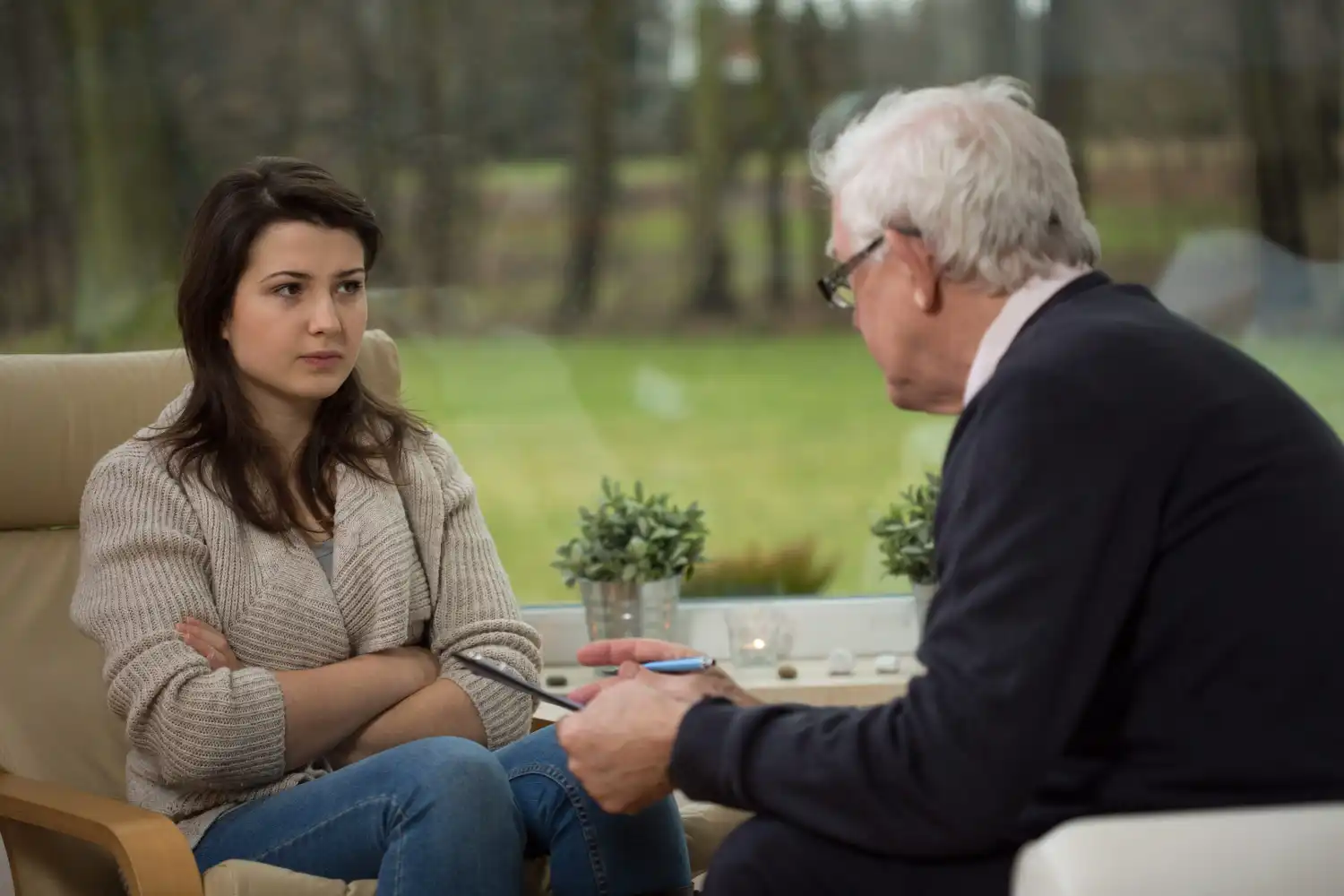The More Things Change, the More They Stay the Same

The PCOMS Longevity
A long time ago in a galaxy far, far away… In 1994, I published an article in the journal Psychotherapy with my friend and colleague Dorothy Moynihan (“Applying Outcome Research: Intentional Utilization of the Client’s Frame Reference ”). In reviewing that 21 year-old article, it is apparent that the more things change, the more things stay the same. That article used the even then abundant psychotherapy research literature regarding the dodo verdict, the common factors, and especially the relationship and therapeutic alliance, to propose a more intentional focus on the client’s frame of reference about what constitutes success in therapy as well as what makes a good therapeutic relationship and alliance—a “client directed” process in therapy was argued. Comparing the available knowledge then and what is even more robust now (see Wampold & Imel, 2014), the conclusions from the research are indeed more of the same.
Even so, the last 21 years of research have been important because it confirmed and further validated what we know about psychotherapy outcome—that the heart and soul of change, the client and the alliance, still are the most potent components of change. With all the additional treatment technologies that have surfaced, the same core factors largely have been shown to account for change. Perhaps it’s time for us to accept these findings once and for all.
And we have learned a couple of things in the last 21 years that are important to current practice. First it is the therapist that accounts for most of the variance of any treatment delivered. I don’t think it should be any surprise that the human beings in the endeavor, the client and therapist, and their relationship, account for most how change happens. That finding of the importance of the therapist dovetails nicely with the next significant finding, and perhaps the main advance of the past 20 years—systematic client feedback. Many scholars are calling systematic feedback the most significant scientific achievement of the past 20 years. I couldn’t agree more. That one achievement improves psychotherapy outcomes more than anything else to date. We (the Heart and Soul of Change Project) now have 5 RCTs supporting that conclusion as well as a benchmarking study demonstrating PCOMS as a viable quality improvement strategy.
Systematic feedback seemed not only a natural extension to the argument proposed in that 1994 article, but more importantly, offered a way to operationalize it—to take the empirical support for the common factors and the values of client privilege to a more structured level that systematically honored the client’s frame of reference while encouraging clinicians to routinely and transparently discuss outcome and the alliance.
I think that PCOMS bring something else that will make it even a more significant contribution. It offers a way, via large-scale data collection, to confirm what matters to psychotherapy outcome, reclaim our empirically validated core values and identity, and change the conversation from a medical model dominated discourse to a more scientific, relational perspective.
